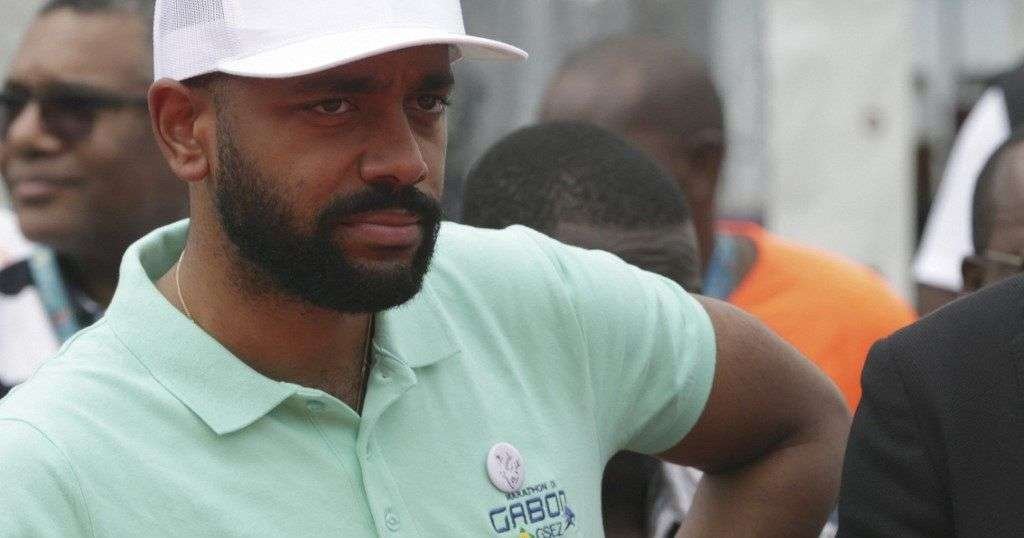Libreville, Gabon – (African Boulevard News) – In a shocking turn of events, Ali Bongo’s eldest son, former presidential spokesman Jessye Ella Ekogha, and four other individuals have been indicted and remanded in custody in Gabon for the crime of “high treason.”
The news of the arrests sent shockwaves throughout the country, as the accused individuals are closely related to Gabon’s President Ali Bongo. This high-profile case has raised concerns about corruption and abuse of power within the ruling family.
According to reports from Gabonese authorities, the arrests were made following an investigation into alleged financial misconduct and embezzlement. The accused individuals are believed to have misappropriated funds meant for public projects, causing significant harm to the country’s economy.
The arrests have highlighted the ongoing struggle for power and control within Gabon’s political landscape. Analysts have long argued that the Bongo family’s grip on power has stifled political dissent and hindered the country’s progress towards democracy.
Speaking on the matter, political analyst Jean-Paul Bongo stated, “This case is a clear indication that no one is above the law and that corruption will not be tolerated in Gabon. It sends a strong message to those in power that the days of impunity are numbered.”
The arrest of Ali Bongo’s son and other relatives is seen as a significant step towards tackling corruption at the highest levels. However, many critics argue that this case is merely a political move aimed at appeasing the international community and diverting attention from the government’s failures to address the country’s socio-economic challenges.
Gabon is no stranger to political turmoil. In 2016, Ali Bongo faced widespread protests and allegations of electoral fraud following his contested re-election. The recent arrests further deepen the political divisions within the country and may lead to further unrest.
As the trial unfolds, the eyes of the nation will be on the justice system to ensure a fair and transparent process. The outcome of this trial will undoubtedly have far-reaching implications for Gabon’s political future and the fight against corruption.
In a time when countries across Africa are striving for good governance and accountability, Gabon’s high-profile corruption case serves as a reminder that no individual, regardless of their position, is above the law. It also underscores the need for robust institutions that can effectively tackle corruption and promote transparency in public affairs.
As Gabon moves forward, it will be crucial for its leaders to seize this opportunity to rebuild public trust and work towards a more inclusive society where the rule of law prevails, and the interests of the people are prioritized above all else.

